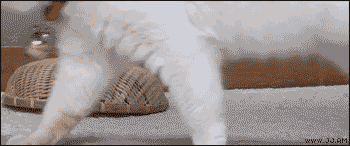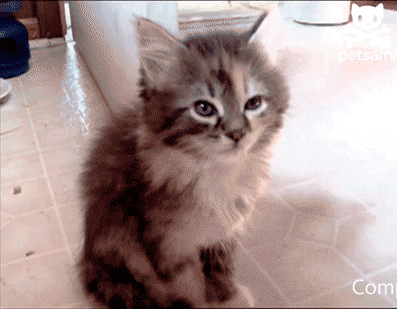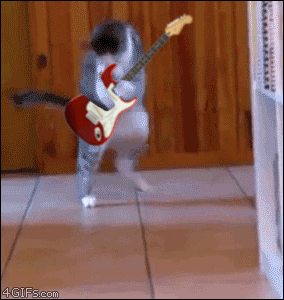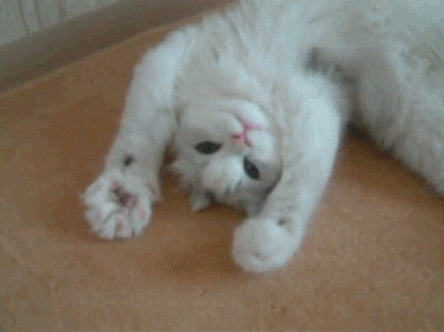Originally posted on the National Eating Disorders Association Blog
Having both an eating disorder and codependent traits, I am a professional at people-pleasing. From the time I was little, I never really got a fully-informed education in setting boundaries. I have been conditioned to accept what was happening, given excuses, told to “respect my elders,” and assume that they knew what was best for me, even when what they were doing was harmful.
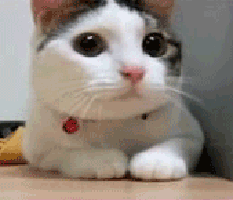
When I was seven years old, I began carrying other peoples’ burdens for them. When my dad left, I had to accept it. When he got a new family, I had to accept it. My opinion as a seven-year-old girl, as property in a divorce agreement didn’t matter.
I never learned that “no” was a complete sentence, so food became my way of saying “no” to what was happening. I engaged in eating disordered behaviors so I wouldn’t have to feel—all because I believed until I was 22 that I had no power to be anything except broken.
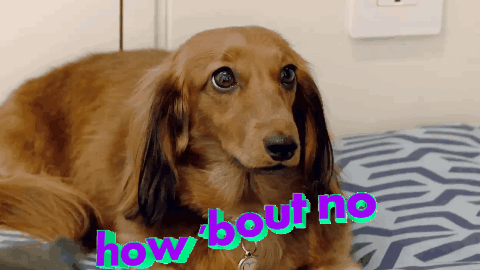
This behavior co-occurred with my disordered eating after a while, even after I started to claim my recovery. The basis for my people-pleasing behavior comes from a need to not stick out, not look different, or have to justify or explain myself.
Eating is a social act as much as it is a nutritional, biological one—but in general, because of our need for instant gratification, eating is hardly intuitive. Which is why for a long time, I didn’t say “no” to food I didn’t want, just for the sake of avoiding having to explain that what I have is an eating disorder. That is, until I recently found acceptance.
A friend asked me to go to Applebee’s with them at 11:30 pm. Typically, I’m not hungry around this time. My recovery practice is, “Eat when you’re hungry, stop when you’re full.” I met them but I didn’t feel the need to eat much. I was practicing my own conditions.
“Why don’t you eat more?” they said. I had to quiet the chaos already going on in my head to formulate a response.
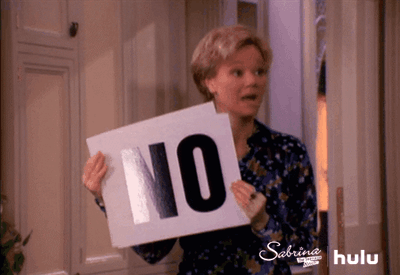
“I could eat if I felt hungry,” I said, emphasizing the last part. “And I’m not interested in risking my recovery.”
That was all it took. They looked at me, apologetic and admitted aloud that they just didn’t know what eating disorder recovery; intensive, full-scale recovery, my recovery—was like for me.
But this person’s admission that they just didn’t know was something so parallel to my own act of setting a boundary. The two biggest things we are afraid to do, in my opinion, is admit our own ignorance and to have to explain ourselves. These two fears met right in the middle to create an understanding of each other that I have never experienced before.
In this act of refusal, I built a bridge rather than a boundary. We both understood what I needed, together. I understood more clearly that I needed to start thinking about recovering. I needed to get back to myself. I built a stronger, more solid foundation for becoming better just by saying no.
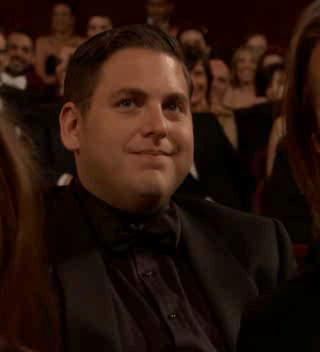
Being in recovery means that I can say “no” now. It means I don’t have to make everyone else happy anymore. It means that I can say, “I have an eating disorder” to people out loud. It’s my body and my truth.
Recovery from binge eating disorder means that I don’t have to be ashamed, because shame equals “I am not okay how I am.” And I can’t afford shame or guilt; they are simply too expensive. Especially when it comes to food.
And what’s more, I don’t regret it like I know I would regret falling further into relapse. Sometimes I need to refuse in order to recover.
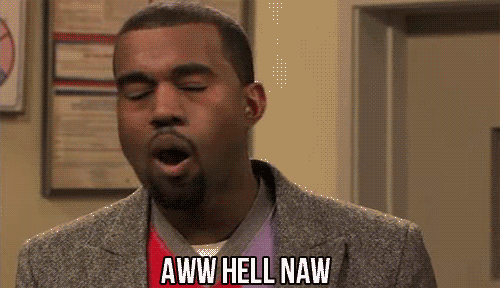
Think about your boundaries. Visualize them as not walls, but as bridges back to yourself. Do you have any? Do you need any? Now’s a time as good as any to start building.
Connect with me!!!!!
Instagram: @caitisrecovering
Twitter: @caitsrecovering
Email: caitisrecovering@gmail.com


